The Ripple Effect
-News and Commentary-
Privacy Ain’t Private: How Your Apps Are Quietly Mapping Your Life
- Home
- News and Commentary
- Privacy Ain’t Private: How Your Apps Are Quietly Mapping Your Life
Share On Social
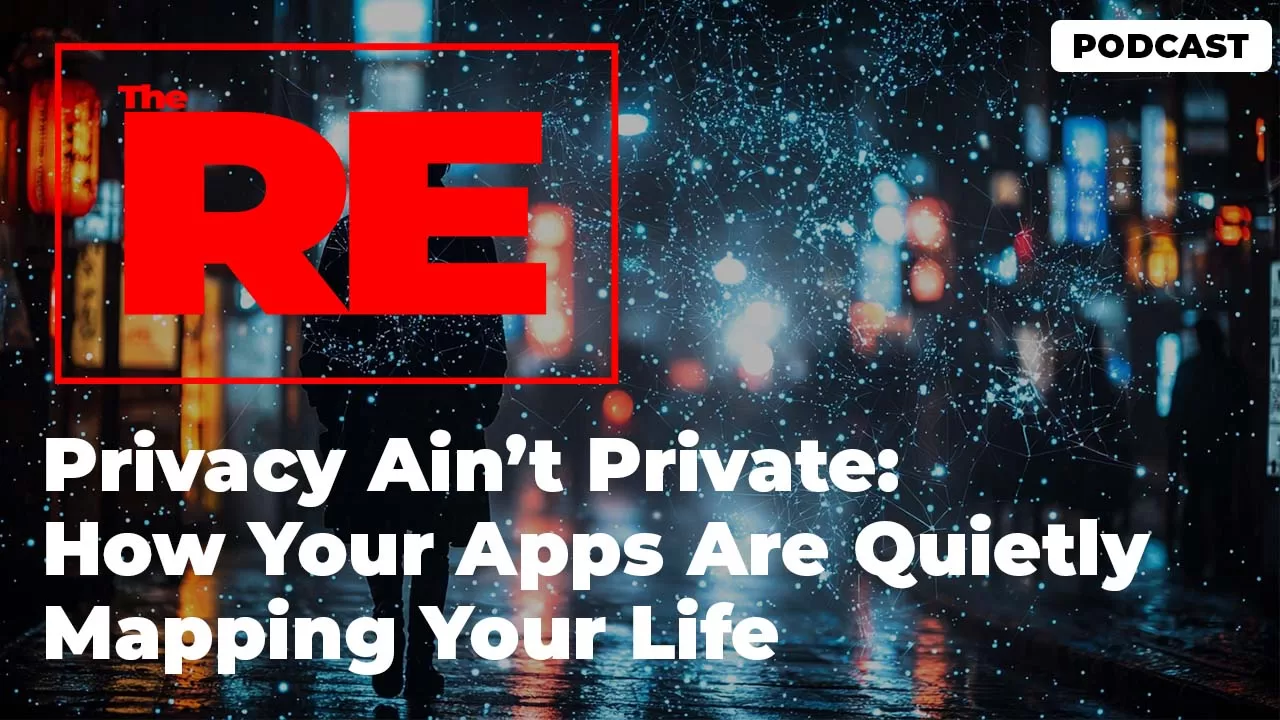
Today in The Ripple Effect we are discussing how privacy is no longer private and how your apps are quietly mapping your life.
We like to believe we are in control. We like to believe that the choices we make about what we share and what we keep to ourselves are ours alone. But the truth is more complicated. And it is far more unsettling.
Every day without thinking about it we trade pieces of ourselves for convenience. We install an app to check the weather. We sign up for a rewards card at the grocery store. We scroll through social media while we wait in line for coffee. And each time we do we give something away.
It is not just what we post. It is not just what we click. It is not just the pictures we share or the emails we send. It is where we go. It is what we buy. It is who we call and how long we talk to them. It is the patterns of our lives mapped in invisible ink.
Your phone knows where you sleep. It knows where you work. It knows which stores you visit and which route you take home. It knows how often you exercise and what hours you tend to be awake. It knows when you slow down at a certain intersection every morning. It knows when you linger outside a store window without even walking inside.
And all of that information is not just sitting harmlessly on your device. It is being harvested. It is being bought and sold. It is being stitched together with data from thousands of other sources to create a picture of you more detailed than anything you have ever shared on purpose.
They call it metadata. And it is one of the most valuable commodities on earth right now.
Apps that seem free are not actually free. You are paying for them with your life in tiny quiet transactions you cannot see. And even when you think you are being careful. Even when you adjust your settings and turn off permissions. There are ways around it. Workarounds. Loopholes. Shadow profiles built from crumbs you did not even know you were dropping.
And once your data is out there. You cannot pull it back.
You do not get a say in who sees it. You do not get a say in how it is used. You do not get a warning when it is bundled and sold to a company you have never heard of. Or handed over to a government agency without your knowledge.
We used to think privacy meant keeping secrets. Now privacy means trying to survive in a world where every move is recorded whether you like it or not.
The scariest part is how normal it feels now. We have been trained to accept it. To laugh it off when an ad pops up for something we were just thinking about. To shrug when our phone suggests the exact place we were about to drive to. To tell ourselves it is just how things work now. But normal does not mean harmless. And the more we accept it. The more power we hand over to people and systems that do not have our best interests at heart. Because when companies and governments know everything about you. When they can predict your fears and your habits and your weaknesses. It is not just about selling you sneakers or suggesting a movie. It is about control.
It is about shaping what you see and what you believe. It is about nudging you to make choices without ever realizing you are being nudged.
It is about building a world where your digital shadow walks ahead of you and makes decisions before you even understand what is happening. And once that becomes the norm. It is almost impossible to walk it back.
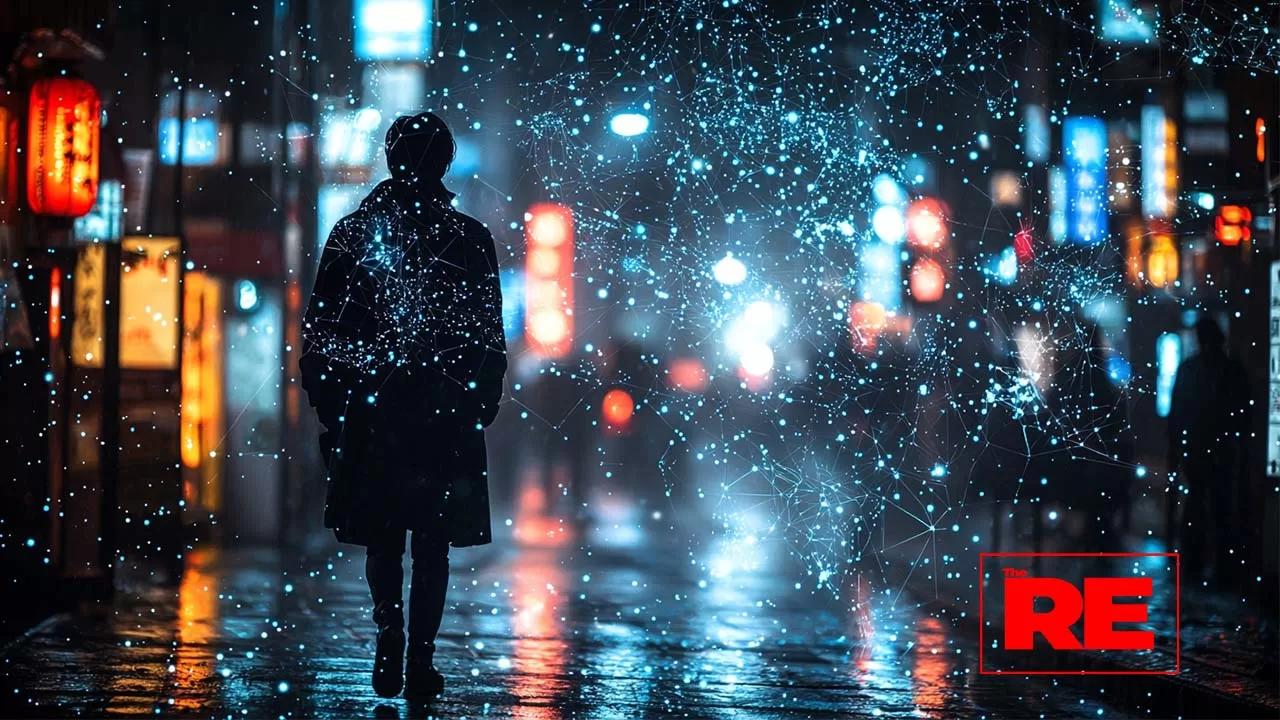
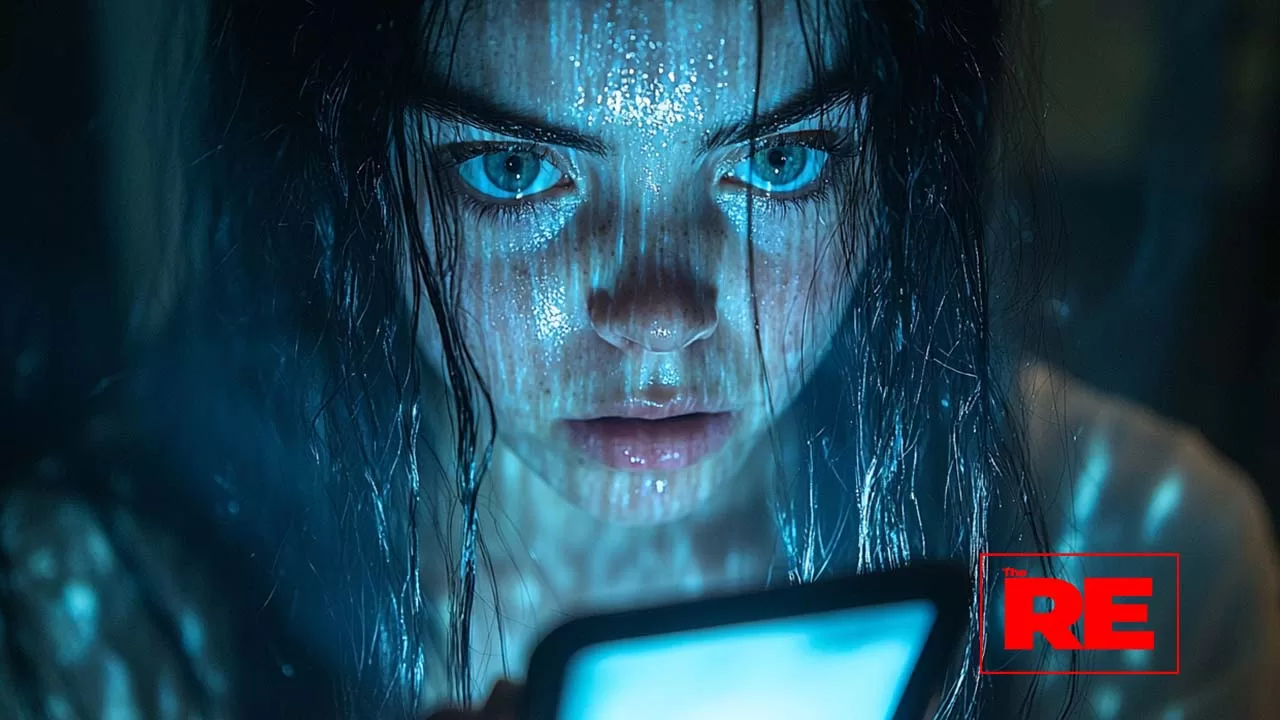
The technology that watches us did not come with a warning label. It did not arrive with a red flag waving in the sky. It slipped into our lives like a friend. It offered help. Directions to a restaurant. Reminders for a birthday. A better route home when traffic got heavy. It made itself indispensable before we even knew the cost. And now we live inside a trade we never fully agreed to. We pay with our habits. We pay with our patterns. We pay with our most private moments. Location services keep running even when you tell them not to. Apps track your Bluetooth signals to guess who you were near. Photo metadata reveals where you were when you took that perfect shot. Fitness trackers collect your heart rate your sleep cycles your stress patterns. Even something as simple as a flashlight app can ask for permission to access your contacts your files and your location. You have to ask yourself. Why would a flashlight need to know where you are.
Because it was never about the flashlight. It was always about the data.
The companies collecting it say it is anonymized. They say it cannot be tied back to you personally. But study after study shows how easy it is to re-identify people from so-called anonymous data with frightening accuracy. You are not just a blip in a system. You are a full profile waiting to be sold. And the people buying your data are not always who you think. It is not just advertisers selling shoes and phone cases. It is insurance companies looking to predict health risks. It is lenders calculating how much of a risk you are. It is political groups tailoring messages to manipulate your emotions. It is law enforcement agencies skirting around warrants by buying access to commercial databases. It is private investigators finding ways to track targets without ever filing legal paperwork. It is authoritarian regimes learning how to tighten control without lifting a finger. Once the infrastructure is built it does not ask permission to grow. It simply grows.
And it changes us too. It teaches us to censor ourselves. To stay safe by staying quiet. To second guess what we search what we post what we read. It chips away at curiosity. It trains us to live smaller lives because we are never fully sure who is watching.
This is not paranoia. It is reality. It is happening now. And it will keep happening as long as the machines hum quietly in our pockets and purses and homes.
Some people will say. I have nothing to hide. But privacy is not about hiding wrongs. It is about preserving dignity. It is about the right to exist without being constantly scrutinized. It is about keeping some part of your life safe from being harvested and packaged and sold. If you do not believe you need privacy. Think about the people who do. Journalists protecting sources. Whistleblowers risking careers to expose corruption. Victims of abuse trying to rebuild their lives. Activists organizing for causes that do not have popular support. Privacy is not about being perfect. It is about being human.
And when we give it away without a fight we lose more than just control over our data. We lose a piece of ourselves. We lose the ability to choose who we are when no one is looking.
It is not too late to push back. But it starts with understanding just how much we have already given away. And it means recognizing that convenience is never free. There is always a cost. There is always a trade. And the real price is paid quietly in ways we will only see when we have already lost more than we realized.
Privacy was never supposed to be a privilege. It was supposed to be a right. It still should be.
But it will not be handed back to us. We will have to fight for it. One choice at a time. One refusal at a time. One demand for better at a time. Because the truth is simple. If we do not own our information. Someone else will. And they will own us too.
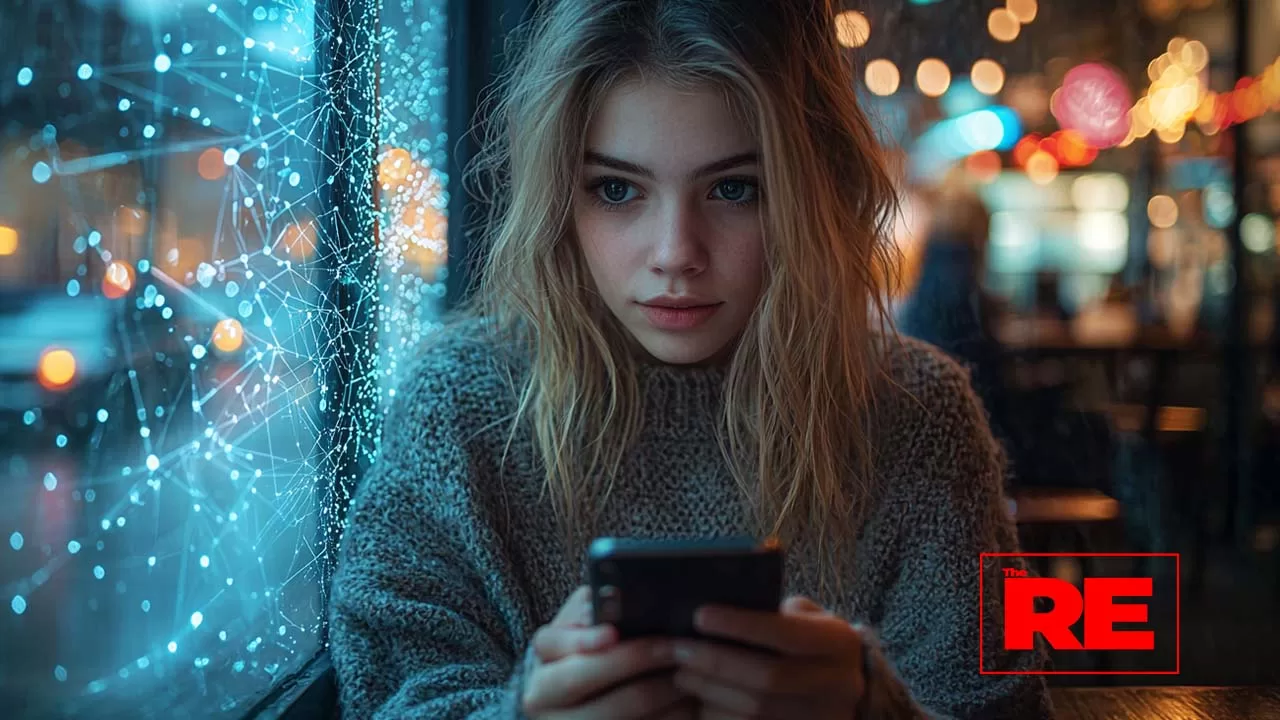
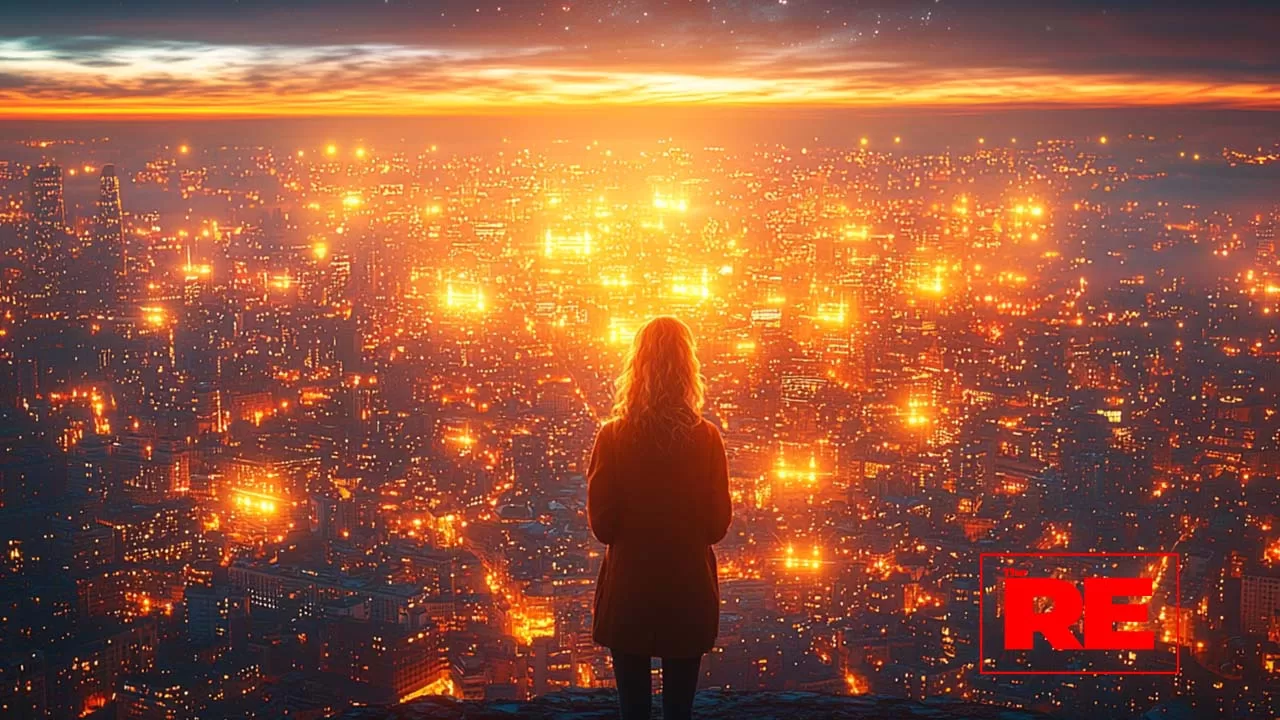
"Truth survives because of you. Make your gift count."
Every dollar helps us fight misinformation and dig deeper into stories that matter.


 and then
and then